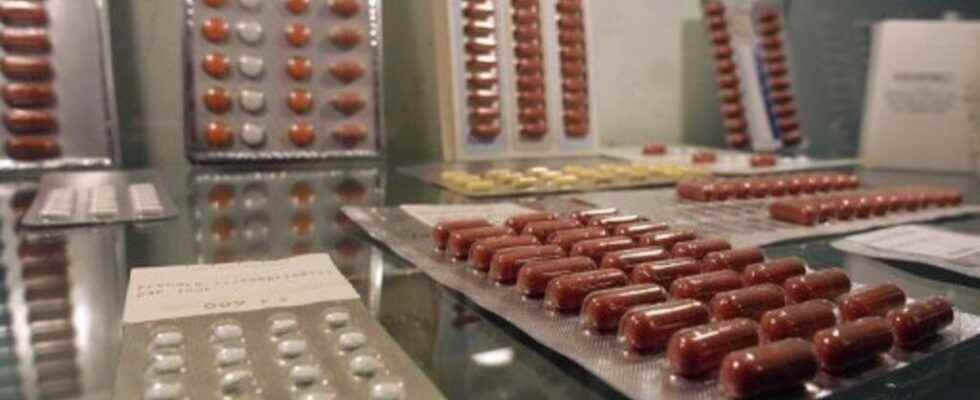Its trade is very flourishing on the markets of Lomé. Africa would be the hub despite the repressive measures put in place in several countries. This is the trade in counterfeit drugs. In 2011, the World Economic Forum estimated this illegal trade at $200 billion worldwide. On the sidelines of the annual meeting of the Ministers of Health of African countries and representatives of the World Health Organization in Lomé, the problem of the fight against counterfeit medicines was raised again on Tuesday evening August 23 during a panel. The resulting decision is the implementation of the establishment of an African Medicines Agency.
With our correspondent in Lomé, Peter Sassou Dogbe
This is an idea that had already been launched by the African Union in 2019, and it is Rwanda that will host the headquarters of this new institution. “We will need advice, we will also need funds”asserts Minata Samaté Cessouma, Commissioner for Health at the African Union.
In the markets of Lomé, fake drugs are sold in bulk at a lower cost. Tons of these falsified medicines cross borders every year.
“This system has made it possible, for example, for the year 2021, to seize nearly 70 tonnes, and to arrest and bring to justice a dozen people involved”, explains Colonel Yao Kondi, Director of the Central Office for the Suppression of Illicit Drug Trafficking and Money Laundering.
►Also listen: Fight against counterfeit medicines in Africa
A public health issue
And yet, since 2018, six countries on the continent had launched the Lomé initiative to develop a national control plan. “All this for the benefit of patients, since in the end what you have to think about is finding quality drugs at an affordable price”said Richard Almavy, Managing Director of the Brazzaville Foundation, behind this joint action.
According to the WHO, 70% of medicines in Africa are imported, which encourages parallel trafficking and the falsification of certain products. Having become a public health issue, it also weakens the health economy in African countries.
►Also read: Gabon: medicines now produced locally
